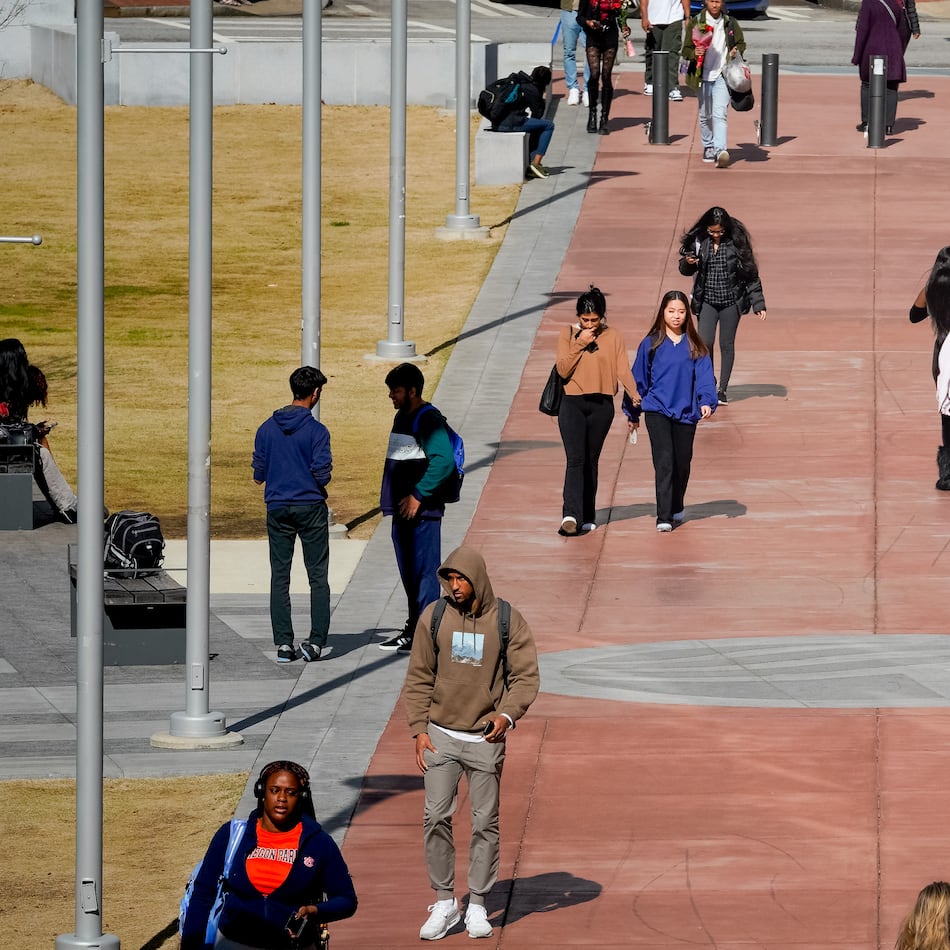WASHINGTON (AP) — Members of the West Virginia National Guard will be deployed the streets of the nation’s capital as part of the Trump administration’s effort to overhaul policing in the District of Columbia through a federal crackdown on crime and homelessness.
Gov. Patrick Morrisey, R-W.Va., announced Saturday that he was sending 300 to 400 members of his state's National Guard to nearby Washington at the Republican administration’s request. They will arrive in the District of Columbia along with equipment and specialized training services, his office said in a statement.
“West Virginia is proud to stand with President Trump in his effort to restore pride and beauty to our nation’s capital,” Morrisey said. “The men and women of our National Guard represent the best of our state, and this mission reflects our shared commitment to a strong and secure America.”
The move comes as federal agents and National Guard troops have begun to appear across the heavily Democratic city after Trump's executive order Monday frump federalizing local police forces and activating about 800 D.C. National Guard troops for his plan.
Maj. Gen. James Seward, West Virginia's adjutant general, said in a statement that members of the state's National Guard “stand ready to support our partners in the National Capital Region” and that the Guard's “unique capabilities and preparedness make it an invaluable partner in this important undertaking.”
Federal agents have appeared in some of the city’s most highly trafficked neighborhoods, garnering praise, pushback and alarm from local residents and leaders across the country.
City leaders, who are obliged to cooperate with the president’s order under the federal laws that direct the district’s local governance, have sought to work with the administration though have bristled at the scope of the president’s takeover.
The Latest
Featured


